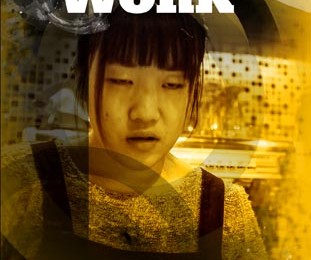
Work
Unemployment
‘[Capitalism] begins not with the offer of work, but with the imperative to earn a living. […] We must insist that ‘proletarian’ is not a synonym for ‘wage labourer’ but for dispossession, expropriation and radical dependence on the market. You don’t need a job to be a proletarian: wageless life, not wage labour, is the starting point in understanding the free market.’
– Michael Denning, ‘Wageless Life’
There are many ways to get our needs met: working for a boss or a co-operative, self-employment in any form, underemployment, benefits, scraping money together legally or illegally, or some combination of these. No matter how someone gets their needs met, the one thing we have in common as a working class is that capitalism cuts us off from what we have produced and denies access to the things we need to survive.
At the same time we live in a world where useful tasks go undone: buildings and land sit derelict, pollution clogs up the world, food rots in fields, and people are denied access to work that they’ve been specially trained for. Again, the reason for this waste is to make profits. If having a job done doesn’t make someone money then it usually won’t happen.
Unemployment also helps to maintain a backdrop of desperation that happens to work in favour of the bosses. If there is a high level of unemployment then people become trapped in their jobs as there is nowhere else for them to go to gain the employment they feel is the only way to get their needs met, while at the same time they can easily be replaced if they step out of line. Employers can take advantage of this to drive down pay and worsen conditions, while it is in the government’s interest to remove previously hard-won legal obligations on companies that favour workers as this helps the state’s global capitalist strength.
Being provided with unemployment benefits, pensions, paternity leave, free healthcare, free education and a host of other safety nets can all be described as part of the social wage. This is the bottom-line provided by the state, and is mainly funded by the state taking a portion of the profits of businesses and investing them into projects that on the one hand will keep the peace, but on the other not allow people to live too comfortably. Benefits need to be low enough to make unemployment an unattractive option.
By demonising the unemployed, sick and disabled as scroungers the state gains the ability to lower the social wage further. Services are cut, allowing for lower taxation on business, which means increased profits. As the social wage is driven down unemployed people are forced to take worse paying jobs than they would have previously considered. This also gives employers the option to freeze the wages or remove benefits from existing workers as the pressure of not losing what they have keeps people in line. Again, this leads to increased profits.

Social Media